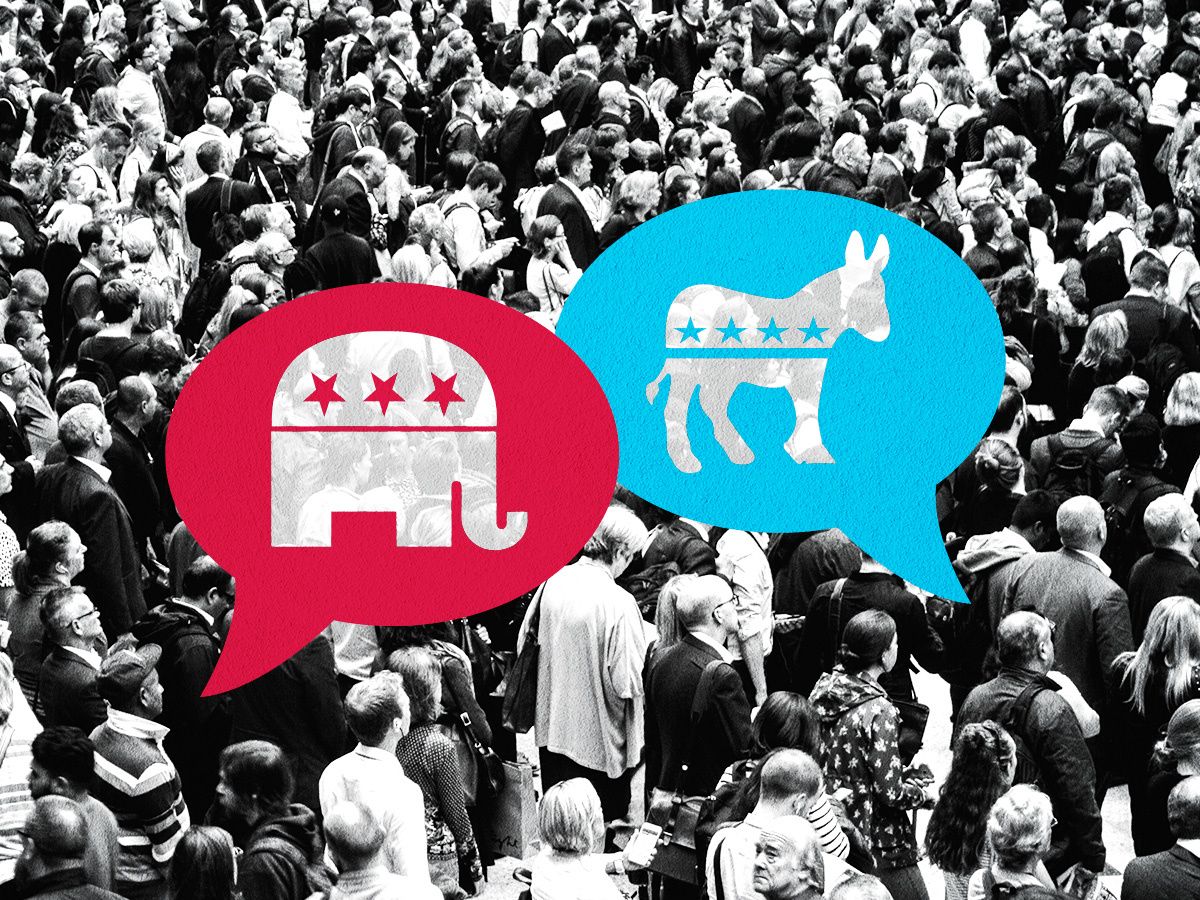20,000: Sri Lanka's president has acknowledged for the first time that some 20,000 people who disappeared during the country's brutal civil war are dead, dashing the hopes of families who had held out hope that their relatives were alive and in military custody. The conflict, which ended in 2009, split the country according to ethnicities, killing around 100,000 people, mostly Tamil rebels.
34,582: Mexican president Andres Manuel Lopez Obrador took office in 2018 pledging to address a long-standing violence epidemic fueled by drug cartels and gang violence. But violence has continued to rise on his watch: the 34,582 homicides recorded in Mexico in 2019 are the highest on record.
111: At least 111 people were killed during an attack on a military training camp in Yemen, making it one of the single deadliest incidents since the conflict there intensified in 2014. The Saudi-backed official government blamed the Iran-backed Houthi rebels who now control most of the country.
49.9: As the impeachment trial of Donald Trump gets under way in the US Senate, 49.9 percent of Americans say they are in support of impeaching him, while 45.9 percent say they are not, according to FiveThirtyEight.
